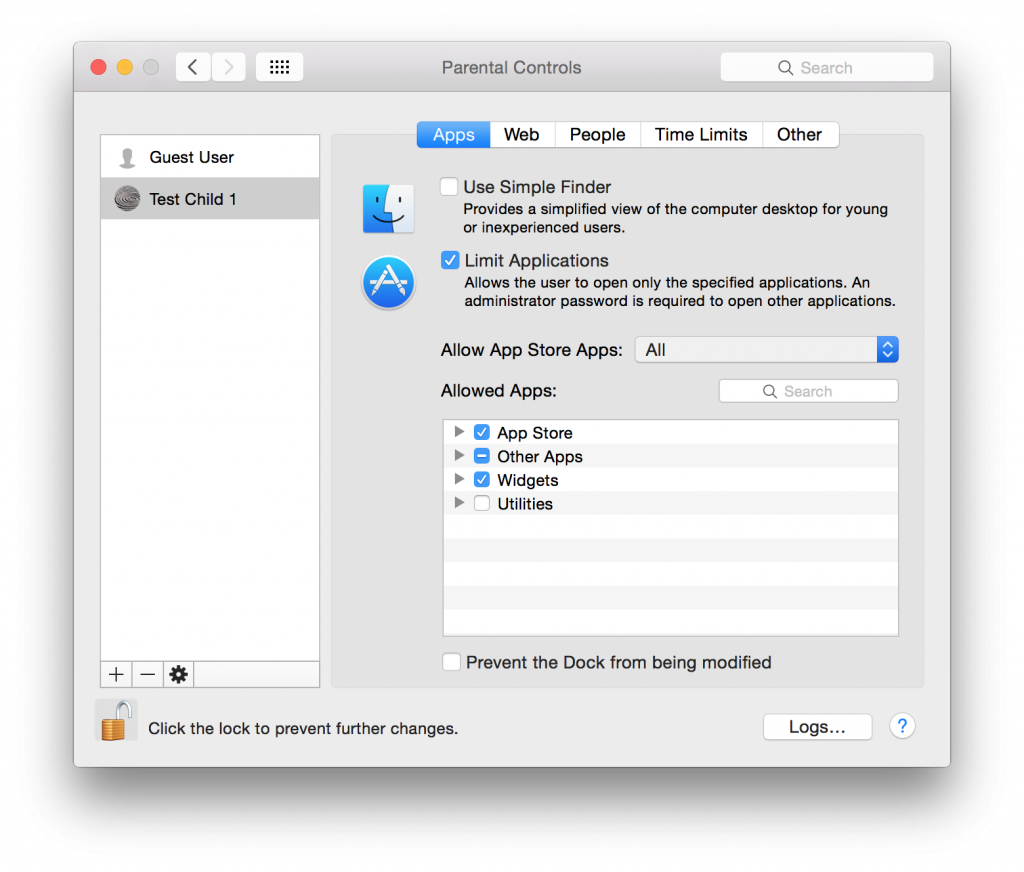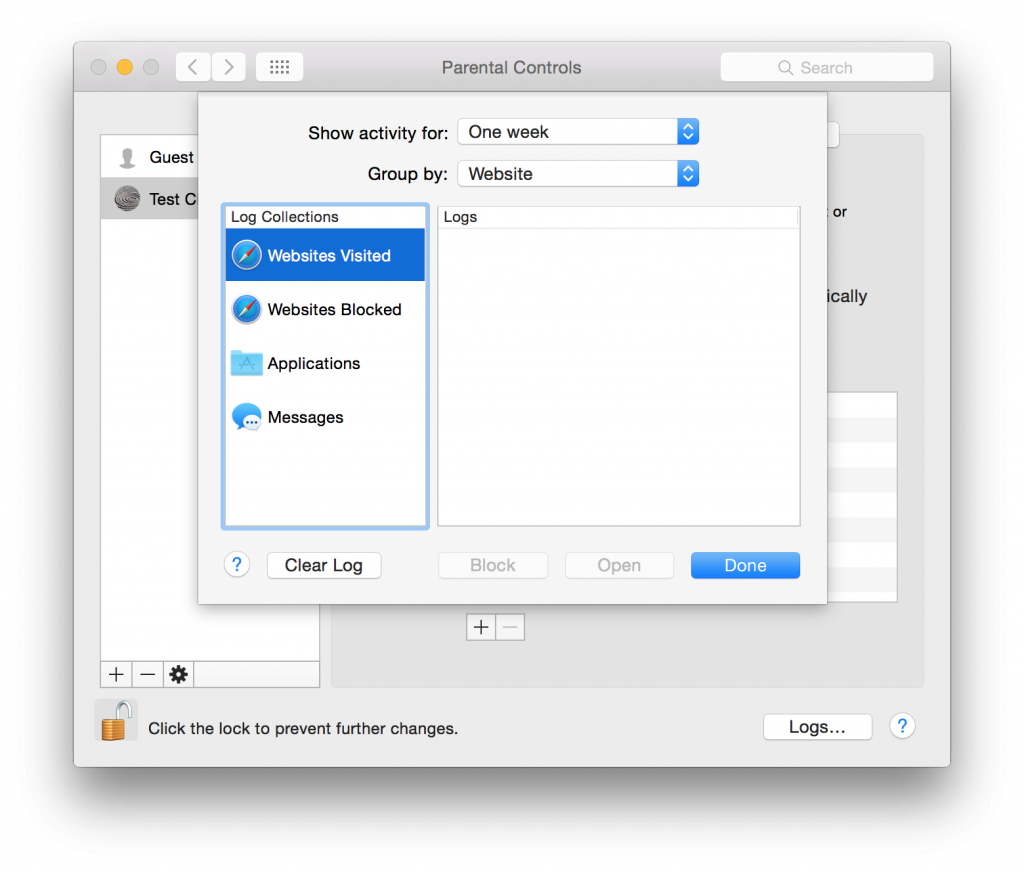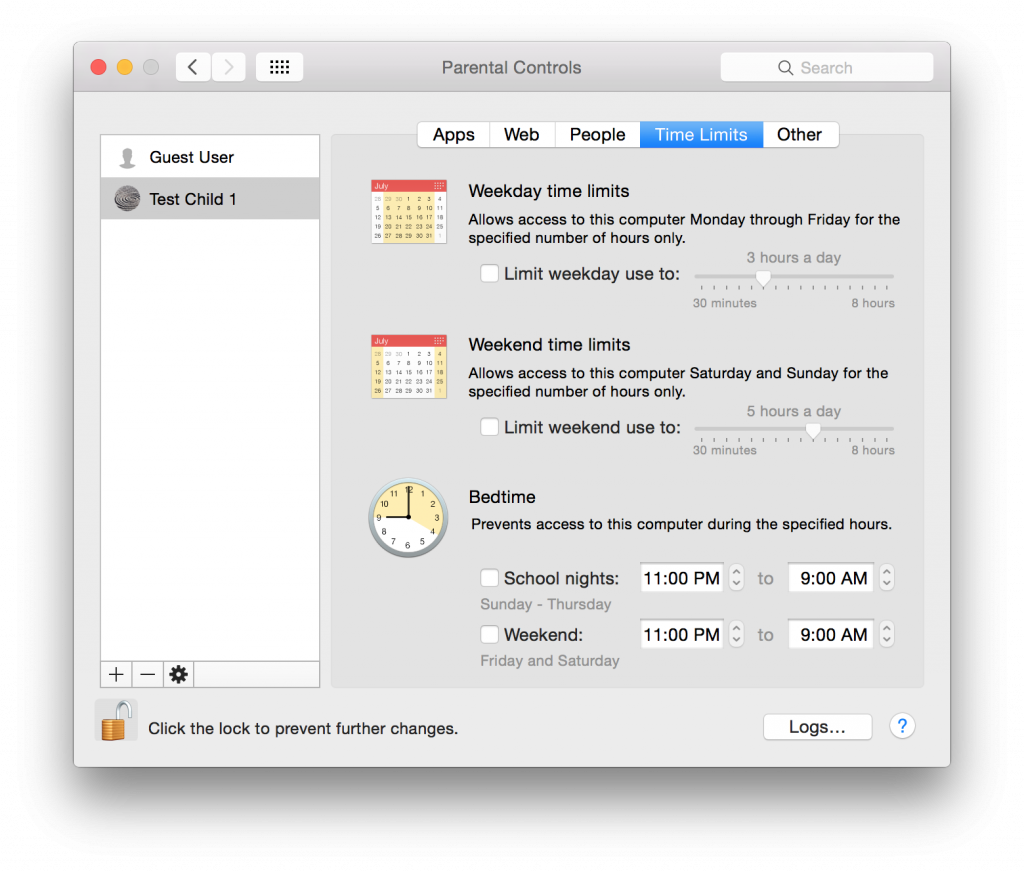PC sales were down about 9.5 percent in the second quarter of 2015 which is the biggest drop in 2 years. Overall Gartner expects the market to drop 4% for the year. As John Gruber points out, the iOS market is almost as large as the computer market.
To put Apple’s current industry position in perspective, the company probably sold somewhere between 60-65 million iOS devices last quarter. (I’m guessing ~50 million iPhones, ~10-12 million iPads, and a handful of million iPod Touches.) The average selling price of a PC has fallen to under $400. The average selling price of an iPhone has been estimated to be as high as $660. So while iOS devices, taken as a whole, might still fall a few million units short of the PC industry, they’re clearly generating more in revenue. More importantly, the PC industry operates on razor-thin margins; iOS devices sell with remarkably high margins.
68.4 million units in the PC industry vs 60 million iOS devices. When you look at the margin discrepancy, the situation is just pitiful. PC manufacturers make a pittance per unit compared to Apple’s margin on their mobile devices.
And while the PC sales dropped 9.8% compared to Q2 of 2014, Apple is actually up about 10% in the same period. Apple still doesn’t make much of their profit on the Mac lineup, for now, but I expect to see that changing. I suspect that as more and more people that live their lives on their iPhones need new computers, they’ll start switching to Macs.
Tour any university and look at the computers that students are using. At least 75% of our students are using Macs. Every year the incoming freshmen push that number higher. As these students leave and join the workforce, they take their buying preferences with them. These are the people that will be making purchasing decisions for companies in the years to come. Do you think they’re going to be buying cheap PC desktops? If Apple can start paying attention to providing the enterprise market with the tools they need to manage Macs effectively, Apple is poised to grab a much larger chunk of the PC market.







